turning your side hustle into your full-time gig
We ask two super-rad creatives on how they managed to turn their side-hustles into their main-hustles.
Louie Digby reckons she fell in love with baking as a kid, when her mum encouraged her to muck around with recipes from the Women’s Weekly Beautiful Biscuits book. But she didn’t turn her passion into a business until much, much later, transforming her Instagram hobby into super-colourful cake business, Digby Cakes. But how did she go about it? How do you know when it’s time to let go of the security of a day job to chase your small business dreams? We spoke to Louie — as well as Allie Launius, founder of Austin, Texas-based vintage furniture curator Stampworthy Goods — about what it takes to turn your side hustle into your full-time gig, and what they wish they knew before making the switch!
How did your business begin? Louie: It started in London with an Instagram documenting my baking adventures, and soon my friends were ordering. I took cake decorating classes on Saturdays, and started volunteering at a bakery in East London. I was fascinated and loved every second.
From the beginning of my cake obsession, I knew deep down I wanted to change careers. I wrote down all my goals and dreams, then a list of the gaps in my knowledge, experience and people I needed on my team in order to get there, and started speaking to people and educating myself. When I returned to Melbourne, I set up Digby Cakes as a “proper” business, although it was still a side hustle alongside my job in marketing at the time. Allie: Stampworthy Goods was born from my love for hunting vintage and wanting to furnish our new home in Austin with quality furniture, rather than big-box furniture. In 2018, I purchased a wooden vintage trunk for our home that was in pretty bad shape, refinished it and used a box of leftover tile to add a tile inlay. After posting the finished result on Instagram, requests flooded in from friends and strangers asking if I could make one for them as well.
Allie: Stampworthy Goods was born from my love for hunting vintage and wanting to furnish our new home in Austin with quality furniture, rather than big-box furniture. In 2018, I purchased a wooden vintage trunk for our home that was in pretty bad shape, refinished it and used a box of leftover tile to add a tile inlay. After posting the finished result on Instagram, requests flooded in from friends and strangers asking if I could make one for them as well.
When did you think that your side hustle could turn into something more? Louie: I had the business ticking along while I worked as a film producer when I returned to Melbourne. The night I launched the new branding and business name, “Digby Cakes”, I had an influx of orders. While I was furiously replying to Instagram messages, I thought, “Yikes, I think it’s now or never.”
Allie: It was a slow transition. I worked part-time consulting for a boutique travel company while working on Stampworthy. I’m very numbers-driven and set goals for myself that I needed to hit before going full-time — otherwise it’s too easy to get emotionally attached to an idea. Once I hit those goals after a year, I went all-in! What was it like to finally let go of your day job? Louie: [After resigning], I sat on the kitchen floor and cried. Quitting my day job in the quest for cakes had been a dream for almost two years. It was a huge, terrifying relief. I had been baking at night for a really long time, which was exhausting. Being full-time meant I could finally do what I love in normal daylight hours. Most of all I could dedicate my mental energy to the business. I was so excited.
What was it like to finally let go of your day job? Louie: [After resigning], I sat on the kitchen floor and cried. Quitting my day job in the quest for cakes had been a dream for almost two years. It was a huge, terrifying relief. I had been baking at night for a really long time, which was exhausting. Being full-time meant I could finally do what I love in normal daylight hours. Most of all I could dedicate my mental energy to the business. I was so excited.
What are some misconceptions about turning your passion project into a career? Louie: Cakes are my passion, and I feel so lucky that people love them as much as I do. But a lot of what I do isn’t cake — it’s organising, marketing, networking, solving problems and cleaning! I see the things I don’t love doing as the price I pay for the other 95 per cent of the day that I get to do my hobby as a paid job.
Allie: I have a love for vintage and design, but above all my biggest passion is the business side of things: operations, marketing and data-driven decision making. With vintage specifically, I spend less than 20 per cent of my time hunting for vintage. The majority of my time is the unsexy stuff you don’t see on social media — marketing, evaluating margins, maximising efficiency and working on collaborations that expand my customer base and brand.
What do you wish you’d known before making the switch? Allie: Valuing my work more. In the beginning, it’s common to feel imposter syndrome, which translates to undercharging. That’s something I struggled with for years, and only when I realised how to better value my time, work and brand did I start to see more profitability.
Louie: How expensive butter was! Ha! Nothing really, except that everything will be OK. What tips do you have for folks wanting to turn their side hustle into a business? Louie: Talk, talk, talk, talk! I owe all the opportunities that have presented themselves to me to meeting incredible people and chatting about dreams and possibilities. People want to help and people have invaluable advice.
What tips do you have for folks wanting to turn their side hustle into a business? Louie: Talk, talk, talk, talk! I owe all the opportunities that have presented themselves to me to meeting incredible people and chatting about dreams and possibilities. People want to help and people have invaluable advice.
Ask questions! If you don’t understand something, ask whoever it is to spell it out to you. You’re not expected to know everything about small business, but you’ll kick yourself if you knew you didn’t understand something and then it comes back to bite you. It’s your job as a small business owner to be across things.
Allie: A lot of people can get caught up in things that don’t matter much initially — designing a branding kit, social media, etc. That’s the exciting stuff, but it can make it easy to skip the groundwork for making sure a business is viable.
It sounds boring, but vet your current business model with questions like: How many hours do you have to work to make your desired salary? How do you differentiate from other competitors?How can you test the “minimum viable” version of your business on the cheap?
Any other words of wisdom? Allie: Break rules! Most people in my industry set up booths in antique shops or opened their own brick and mortar vintage shops. In 2018, it wasn’t as common to have an online only vintage store, but I knew that digital-first would make the most sense for me.
Louie: Have fun! The best part about having your own business is the moments that are created with customers, employees, suppliers, brand partners and mentors, etc. Make friends with all the people who enjoy and contribute to your business, because your community is the most important thing you have, in good times and in bad.
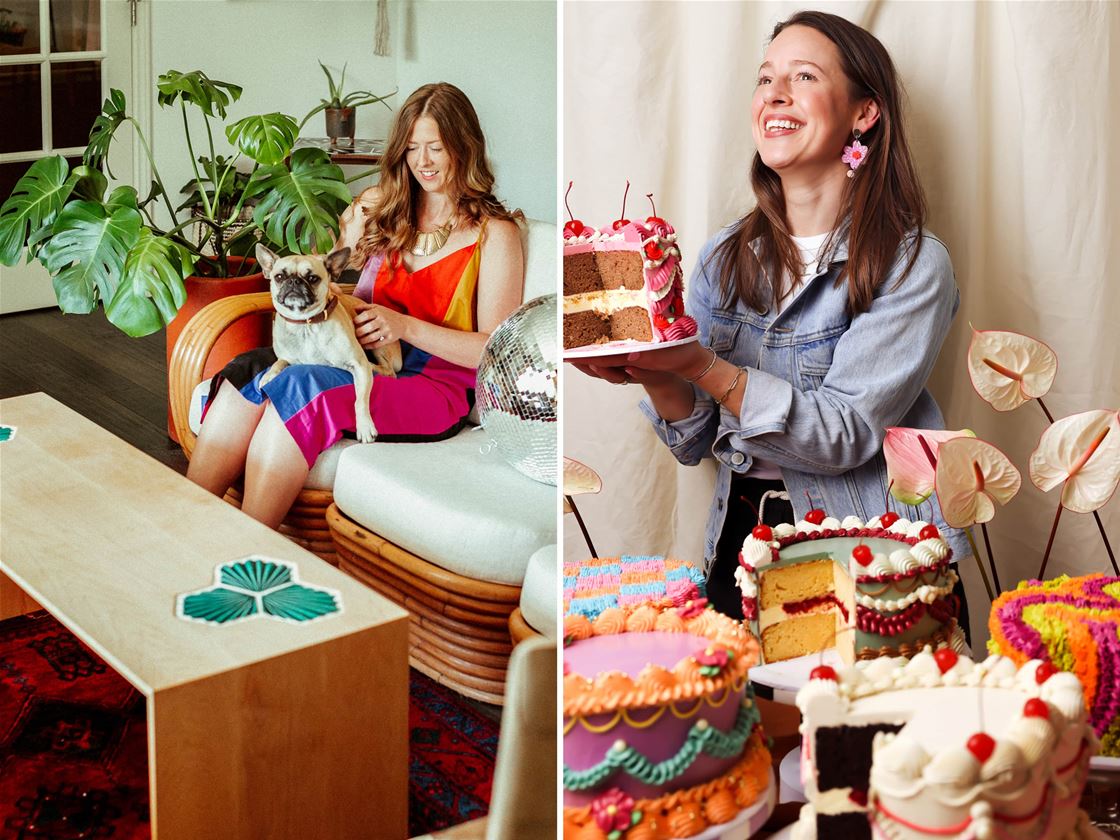
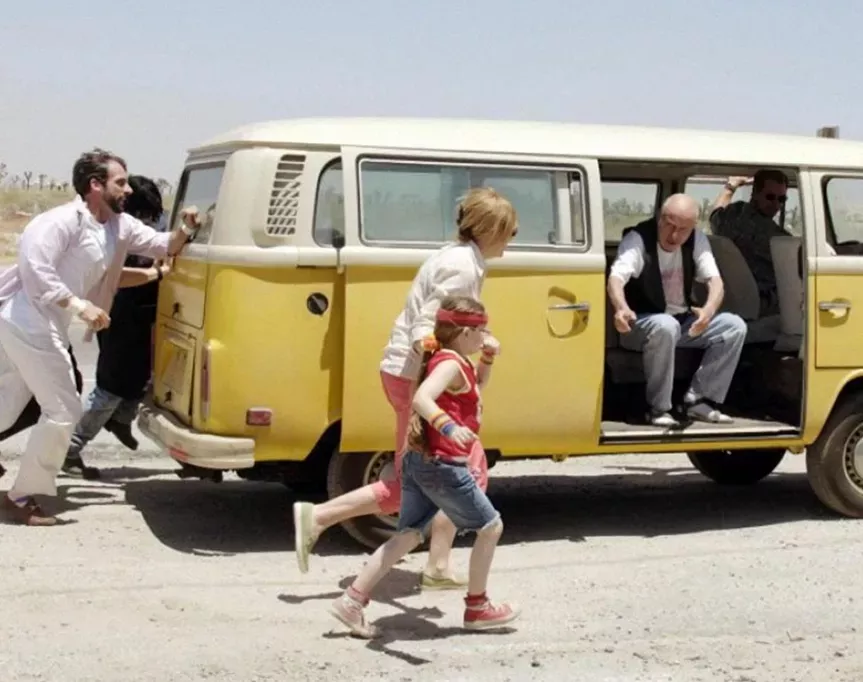
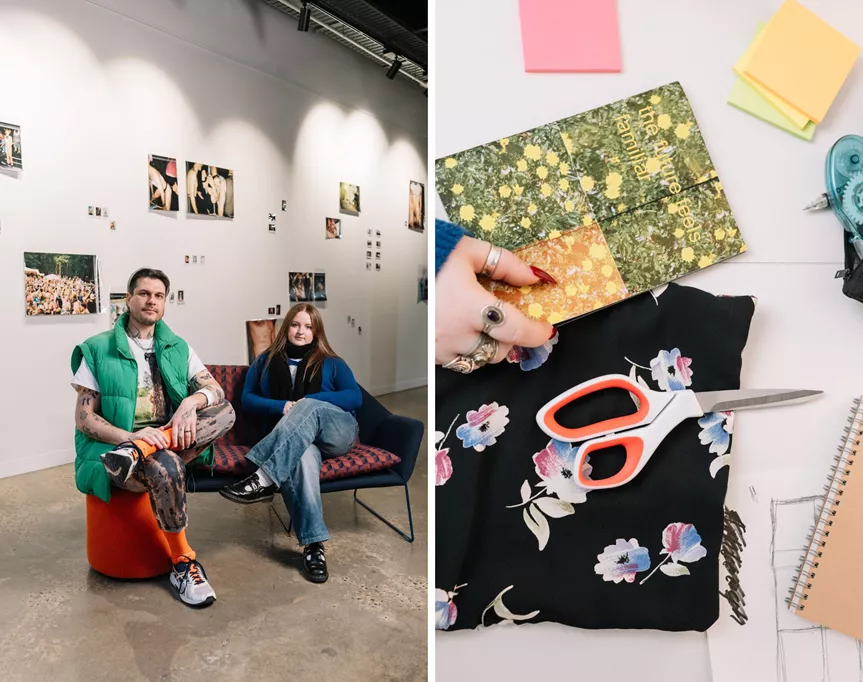
.jpg&q=80&h=682&w=863&c=1&s=1)


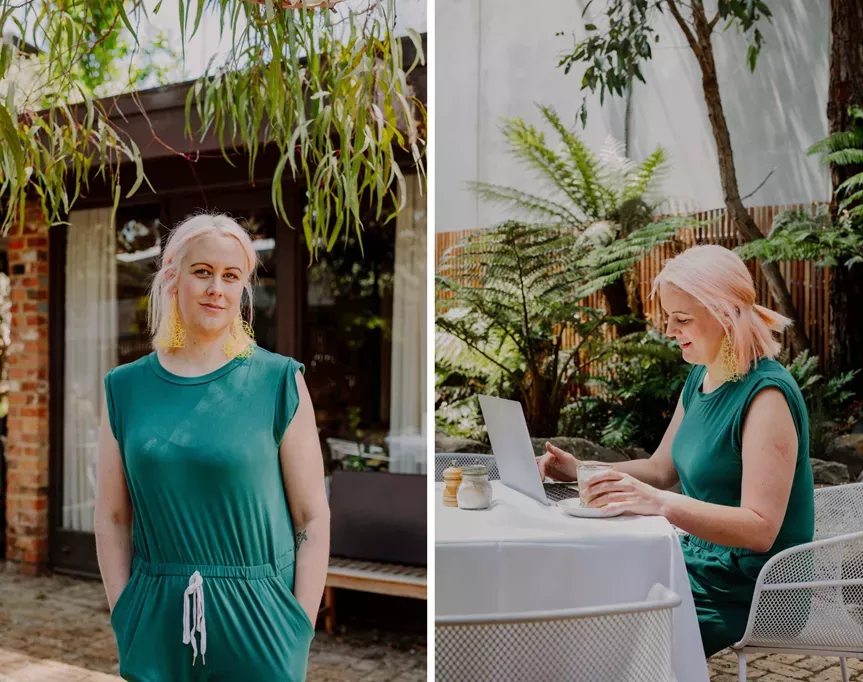
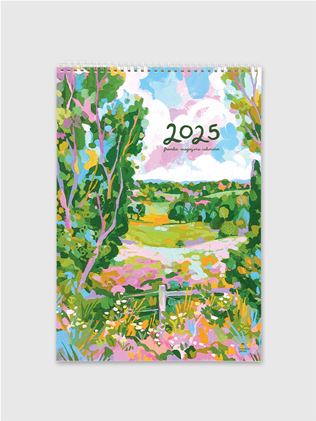
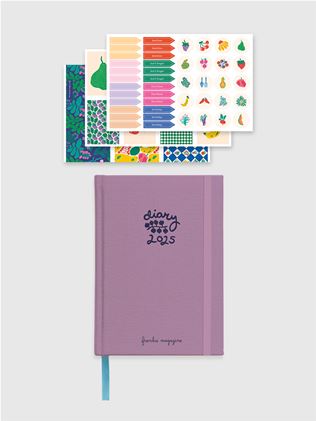
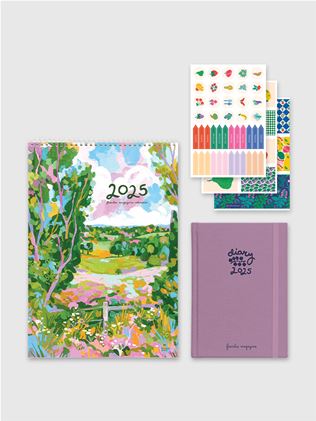
.jpg&q=80&w=316&c=1&s=1)


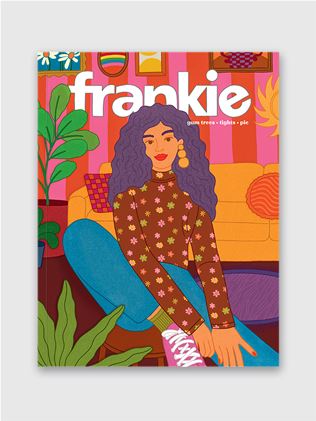
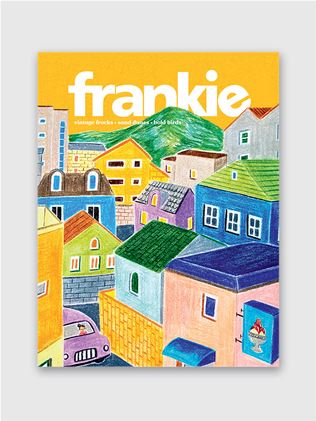


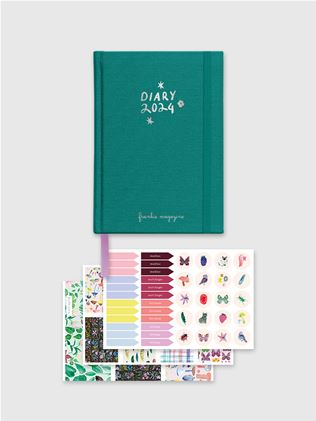



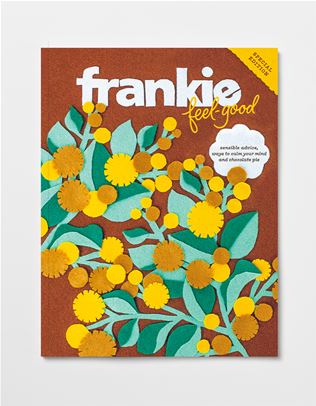






.jpg&q=80&w=316&c=1&s=1)










